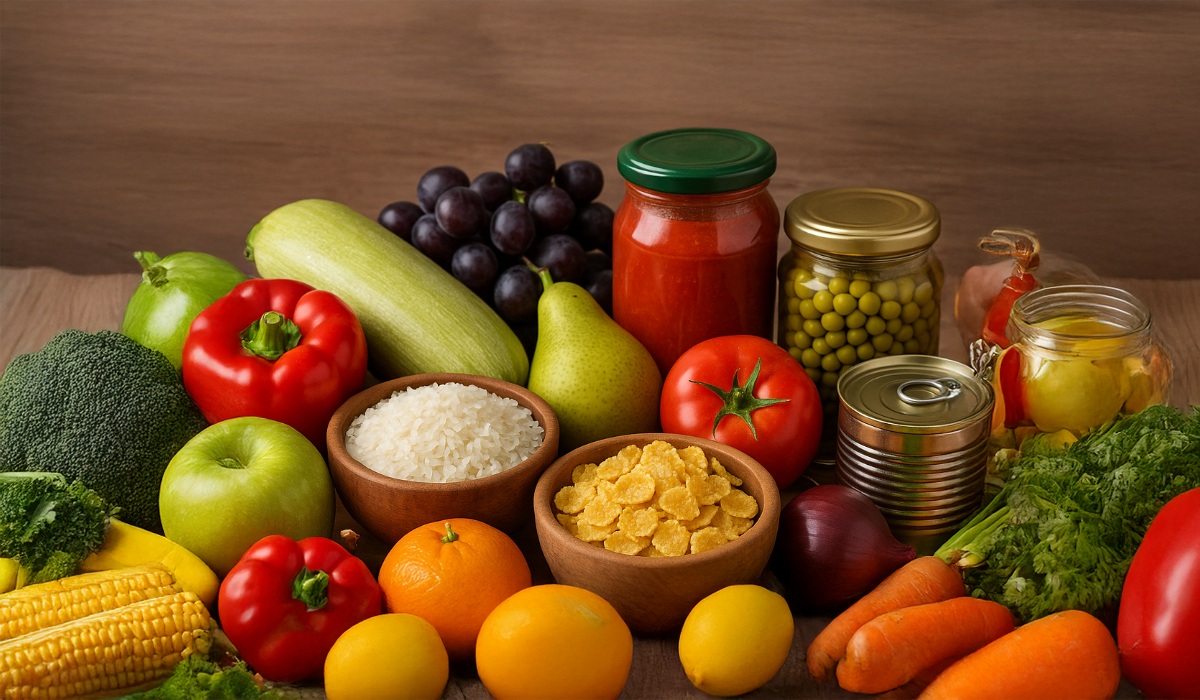
You’re cleaning the fridge, and at the back, you find a pack of eggs or an old can of coconut milk. The date says it expired last week. Do you throw it out?
Many people in Malaysia would. But sometimes, you don’t actually need to.
Food labels like Best Before, Use By, and Tarikh Luput are often misunderstood. Because of that, a lot of good food ends up in the bin — wasted for no reason.
Let’s break it down properly.
In Malaysia, the Food Regulations 1985 makes it compulsory for food products to carry date markings. But not all date labels mean the same thing.
The truth is, food doesn’t suddenly go bad at 12:01am. It usually happens slowly — taste, texture, or smell might start to change. But some things stay good much longer if stored well.
In many Malaysian kitchens, we often toss out food that’s actually still okay. Here are some examples:
Instant noodles – If the packet is sealed and stored dry, it can last 6 months to a year past the date.
White rice (beras putih) – Kept in a sealed container, it can last up to 2 years. Just watch out for weevils.
Eggs – Can last 3 to 4 weeks after the sell-by date. You can do the float test (below).
Coconut milk in cans/cartons – Unopened, it’s often still fine 1–2 weeks past the date. If it smells sour or has curdled, don’t use it.
Soy sauce and chili sauce – Thanks to the salt and vinegar, these can last months in the fridge after opening.
Bread – If it’s not moldy, you can still eat it. Toast it or turn it into breadcrumbs.
Sometimes your nose and eyes are better than the label. Here’s how to tell:
The Egg Float Test
According to SWCorp, Malaysians throw away over 4,000 tonnes of edible food every day. A lot of that waste happens because people don’t understand food labels.
That’s enough food to feed a few million people.
So the next time you see something “expired,” don’t just throw it. Pause. Check. Smell. Test. If it’s still okay, eat it. You’ll save money, reduce waste, and maybe even rescue dinner.